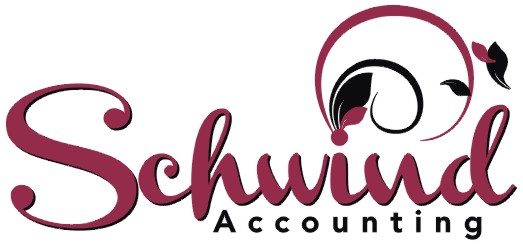A corporation, chartered by the state in which it is headquartered, is considered by law to be a unique entity, separate and apart from those who own it. A corporation can be taxed; it can be sued; it can enter into contractual agreements. The owners of a corporation are its shareholders. The shareholders elect a board of directors to oversee the major policies and decisions. The corporation has a life of its own and does not dissolve when ownership changes.
Advantages of a Corporation
- Shareholders have limited liability for the corporation’s debts or judgments against the corporations.
- Generally, shareholders can only be held accountable for their investment in stock of the company. (Note however, that officers can be held personally liable for their actions, such as the failure to withhold and pay employment taxes.)
- Corporations can raise additional funds through the sale of stock.
- A corporation may deduct the cost of benefits it provides to officers and employees.
- Can elect S corporation status if certain requirements are met. This election enables company to be taxed similar to a partnership.
Disadvantages of a Corporation
- The process of incorporation requires more time and money than other forms of organization.
- Corporations are monitored by federal, state and some local agencies, and as a result may have more paperwork to comply with regulations.
- Incorporating may result in higher overall taxes. Dividends paid to shareholders are not deductible form business income, thus this income can be taxed twice.
Federal Tax Forms for Regular or “C” Corporations (only a partial list and some may not apply)
Form 1120 or 1120-A: Corporation Income Tax Return
Form 1120-W Estimated Tax for Corporation
Form 8109-B Deposit Coupon
Form 4625 Depreciation
Subchapter S Corporations
A tax election only; this election enables the shareholder to treat the earnings and profits as distributions, and have them pass thru directly to their personal tax return. The catch here is that the shareholder, if working for the company, and if there is a profit, must pay herself wages, and it must meet standards of “reasonable compensation”. This can vary by geographical region as well as occupation, but the basic rule is to pay yourself what you would have to pay someone to do your job, as long as there is enough profit. If you do not do this, the IRS can reclassify all of the earnings and profit as wages, and you will be liable for all of the payroll taxes on the total amount.
Federal Tax Forms for Subchapter S Corporations (only a partial list and some may not apply)
Form 1120S: Income Tax Return for S Corporation
1120S K-1: Shareholder’s Share of Income, Credit, Deductions
Form 4625 Depreciation
Form 1040: Individual Income Tax Return
Schedule E: Supplemental Income and Loss
Schedule SE: Self-Employment Tax
Form 1040-ES: Estimated Tax for Individuals
Other forms as needed for capital gains, sale of assets, alternative minimum tax, etc.
